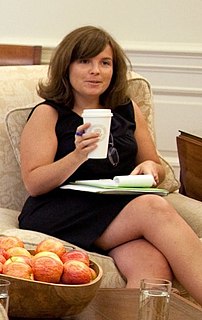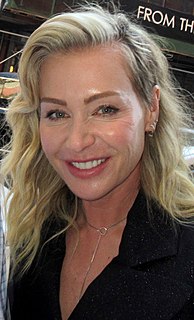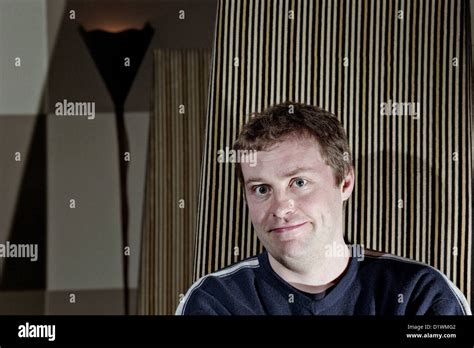A Quote by Madison Beer
Something most people don't know about me is that I'm quite the loner, I would say. I don't really ever leave my house.
Related Quotes
I am far more of a loner than people would imagine. But I am the most gregarious and socially interactive loner you ever met. The thing is, I am fascinated by people's stories and I'm very talkative and can't ever say no to anything or anyone, so I tend to over-socialize, to give away too much of my time to the many people I adore.
I used to rent a house in Princeton, New Jersey, and whenever people came to visit me, I would drive them past Albert Einstein's house, which is the most ordinary house in Princeton - a house, let me assure you, that now a salesman wouldn't live in. I'd always say, "That was Albert Einstein's house." And they'd say, "What do you mean? Why would Albert Einstein live in a little house like that?" And I'd always say to people, "Because he didn't care!"
You read something and you know it's not there yet. There's a little section here that... this part's good but that is a little not, it doesn't quite work. That doesn't quite work. That's easy. To say, "OK, now, this is what I think will fix it." That's harder. And most people can tell you what's wrong with something. Very few people can say what they would do to fix it.
When I was touring with my Vladimir Putin biography, which was published all over the world, people would ask me, How come you're still there, why haven't you left? I would say, I'm staying, it's my home. He can leave! It felt very good to say that. But now - he wins. It's not natural for people in the opposition to leave. It's always a personal catastrophe. And yet he's gotten people out of the country. That's the most terrifying thing about the current situation, and for the future of the country.
El Bulli was created by 2,000 people that passed through it. And we didn't know that something big was happening. It was like a game in a way. You didn't really know how it was going to end up, and people who would leave, they would take a piece of it with them, but they would leave another piece behind.
I think that if you look at all of the books that have ever been written about people working in the White House, they're sort of the opposite of my book. And I think that so many people want to write a book that sort of memorializes their place in history. And I wanted to write something for all of the women who are like me. I grew up in upstate New York, I graduated high school with 70 other people and didn't ever know that anything like this would have really been an option for me. So I wanted other young women — and men — to know that just being you is plenty.
I came home [after funerals] and I thought if I go back to California, where I had a small house, I don't think I'll ever come east again. So I decided to stay and go through the halls and stairways, talk to Gilda Radner, holler, express some of my anger and make sure there were no ghosts in the hallways that I should ever be afraid of.And then I found out - it sounds strange, but I found out she had left me the house. We never talked about her dying and what she was going to leave me or I would ever leave her. We just didn't talk about those things.
Could you not give me some sign, or tell me something about you that never changes, or some other way to know you, or thing to know you by?" — "No, Curdie: that would be to keep you from knowing me. You must know me in quite another way from that. It would not be the least use to you or me either if I were to make you know me in that way. It would be but to know the sign of me — not to know me myself.
I've always been quite careful about what I wanted to do. I've just never wanted to revisit old ground or do something that's easy. I want to do something that I would look at and go, "I don't know what to do!" The most exciting thing is when you're a bit scared, so I'm looking to find something that's really terrifying.
If I fought for them and was crippled, they would all say nice things,and then they would replace me and forget I was ever there. You would stay with me. You would take care of me, because you love me. I love you too, Kate. If you ever became hurt, I would not leave you. I’ll be there. Wherever you want‘there’ to be. -Curran to Kate
If you're worried about messaging, people will just move to something else. You know if you legislate against Facebook and Apple and Google and whatever else in the US, they'll just use something else. So are we really safer then? I would say no. I would say we're less safe, because now we've opened up all of the infrastructure for people to go wacko at.




































